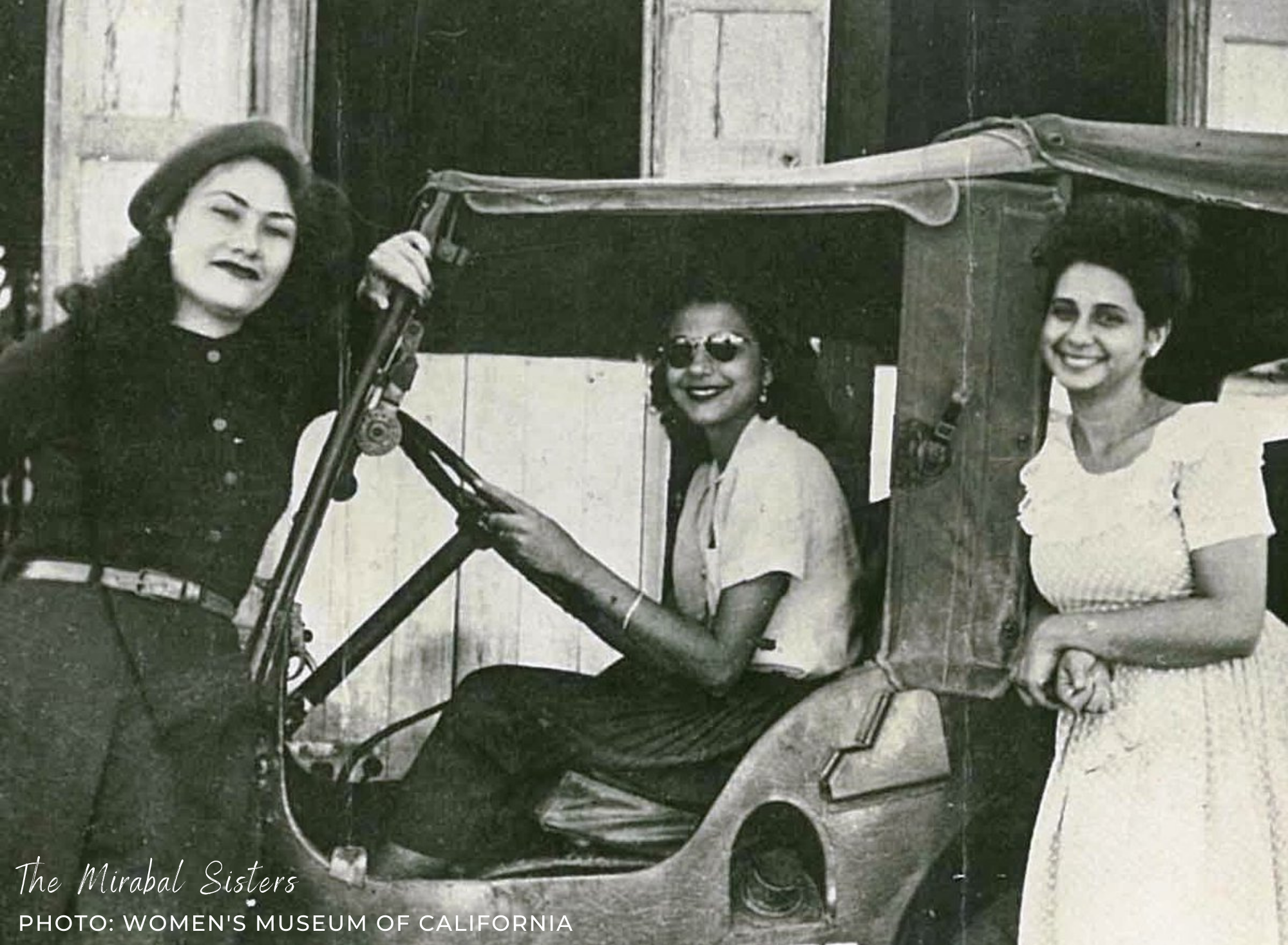Over the years I have written and spoken about my strong belief that, as an educational institution, St. Clement’s School’s goal is not to prepare our girls for a particular profession or job but, rather, to ensure that our girls learn how to learn.
Having said that, facilitating our girls’ learning has never been more important than it is now as the world of work changes from that which we as adults are used to, to one in which automation is increasingly present, and in which specific skills will be more important than others.
At both of our Curriculum Nights over the last two weeks we have spoken about the School’s ongoing focus on ensuring a rigorous academic program: a program that balances foundational skills with integrated learning opportunities and interdisciplinary understanding that challenges our girls to think critically, problem-solve and collaborate. We also spoke about the changing world and the School’s need to ensure we are adapting our teaching and learning to prepare our girls.
In the Learning Compass 2030, a learning framework created by the Organization for Economic Cooperation and Development (OECD), the creators highlight the importance of ensuring that students are acquiring the knowledge, skills, attitudes and values for the future. Andreas Schleicher, Director for Education and Skills says, “What is important for tomorrow’s world, in terms of the knowledge, skills, attitude and values is the capacity for students to think imaginatively and to create new value. They must manage tensions and dilemmas, navigate ambiguity, and also take responsibility to mobilise cognitive, social and emotional resources.”
As I was writing this blog, I was reminded of a Seth Godin blog post On Knowing What You’re Doing and it sums things up well. In a world where the future of work is evolving, we wish our girls to have the capacity and skills to find their way, regardless of their interests. Godin writes, “It’s a lot more difficult when the task ahead is not quite the same as you’ve done before. When wayfinding is required. That’s a different skill. The skill of finding the common threads, seeing the analogies and leaping over the crevices. Knowing how to do something you haven’t quite done before.”
We are excited about our girls’ futures and providing them with the knowledge, skills and attitudes that will enable them to approach the unknown with intellectual curiosity and courage.

